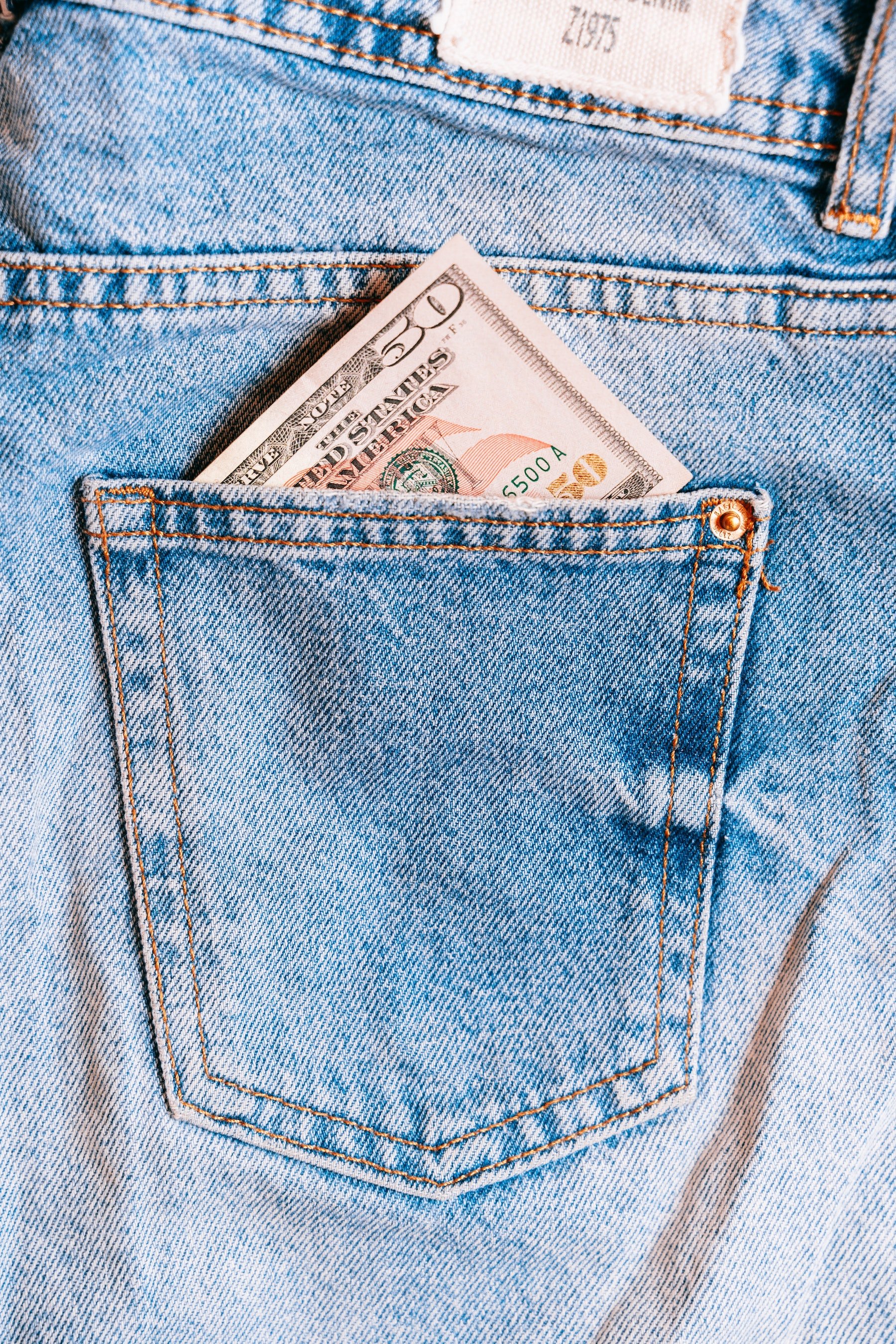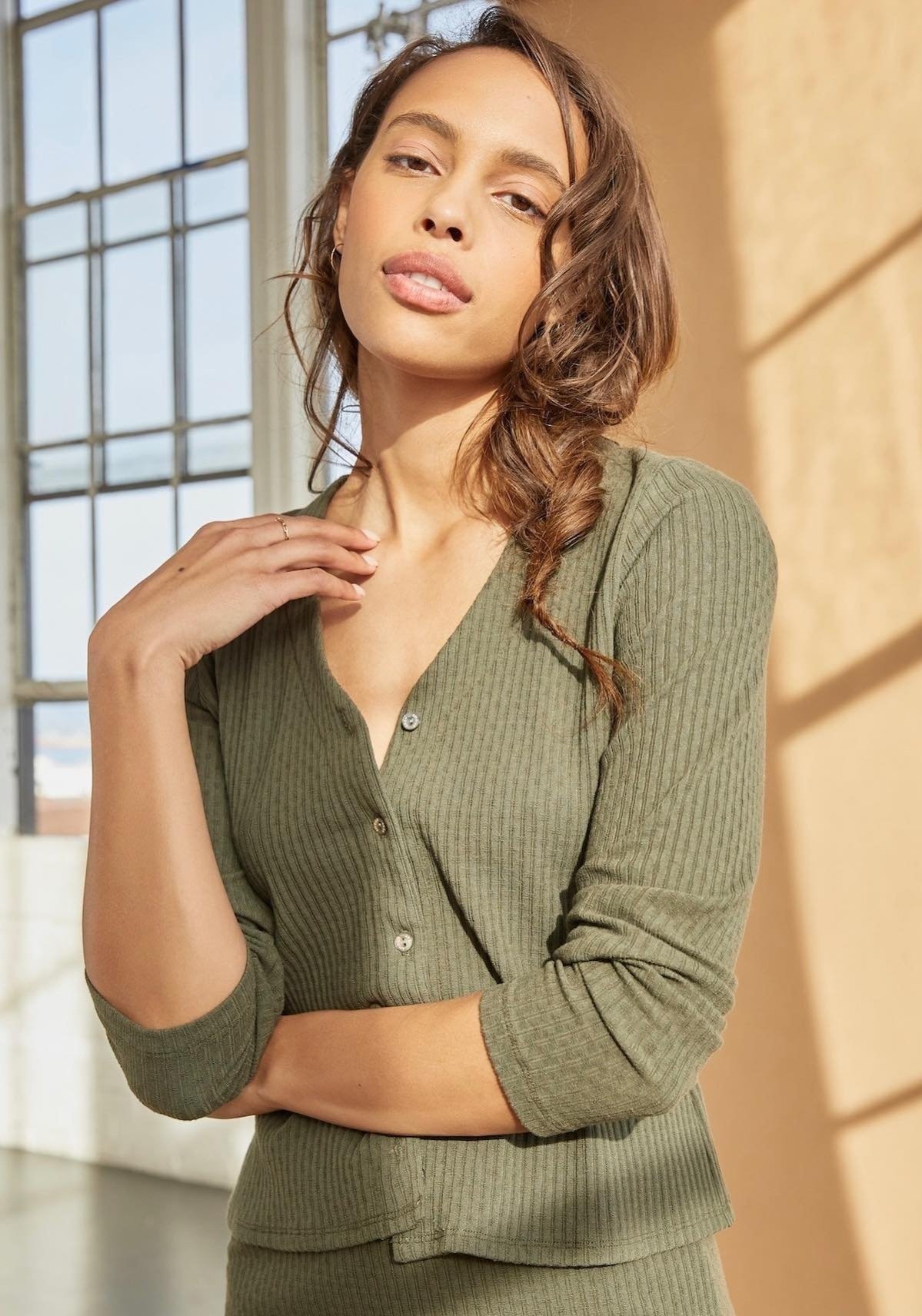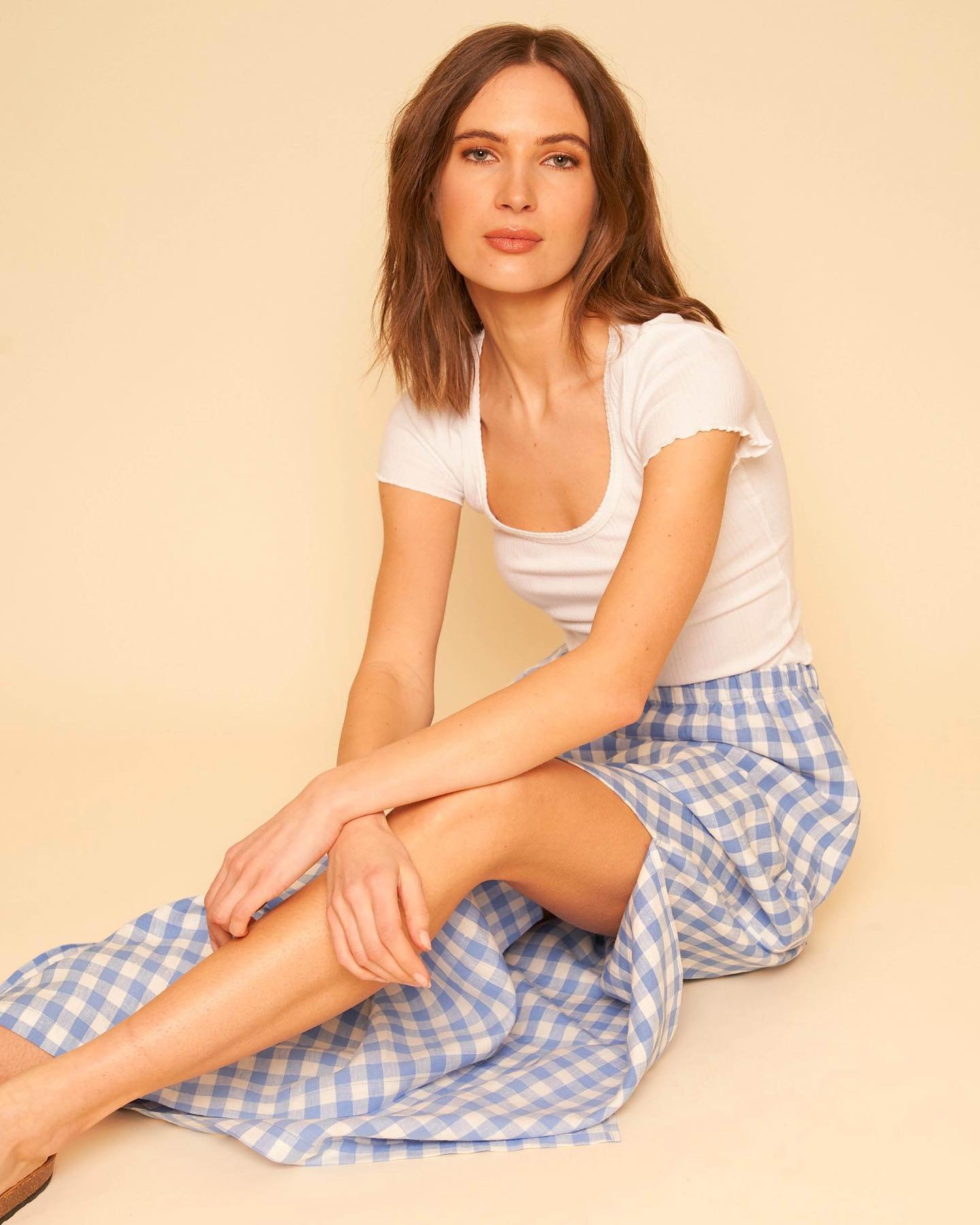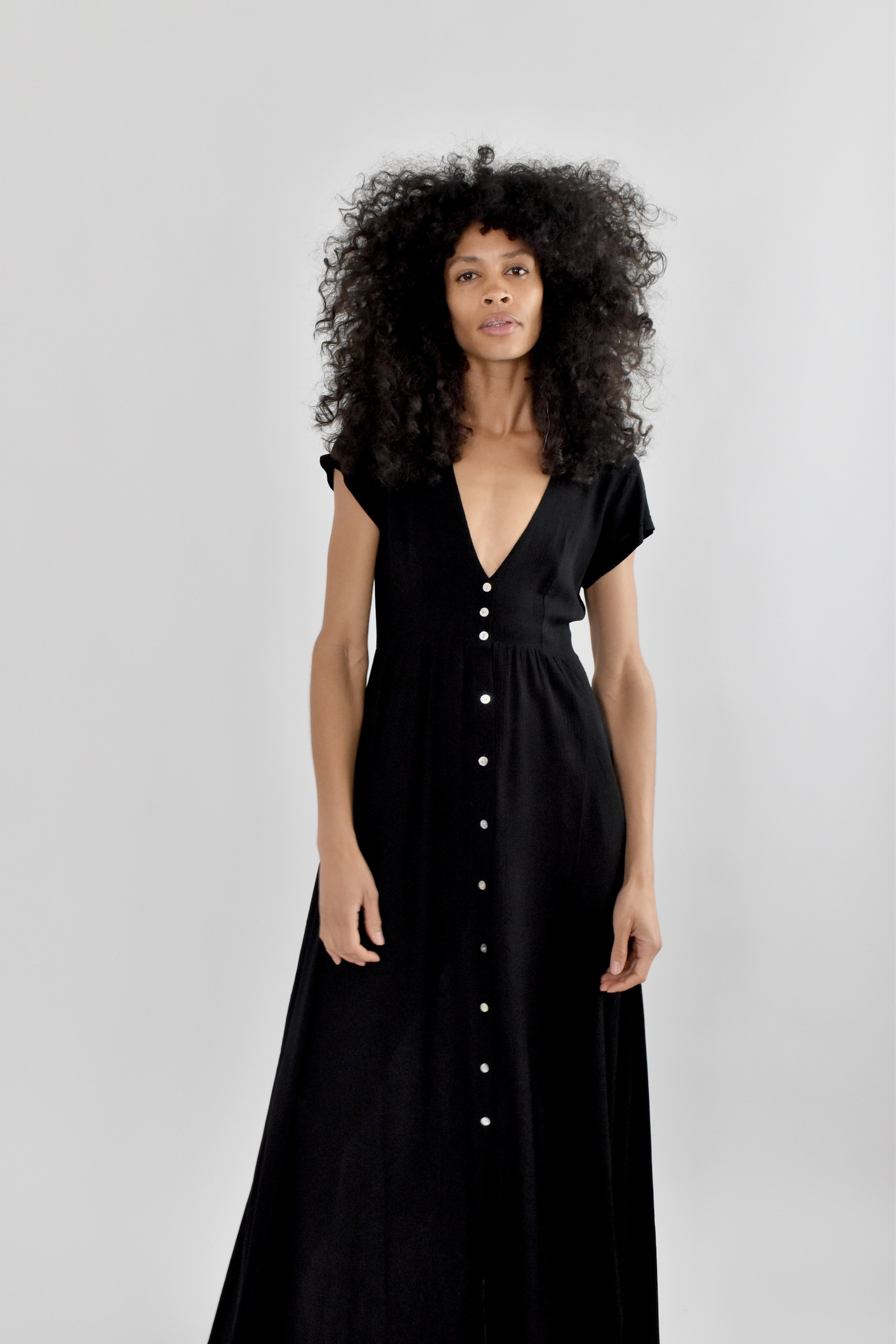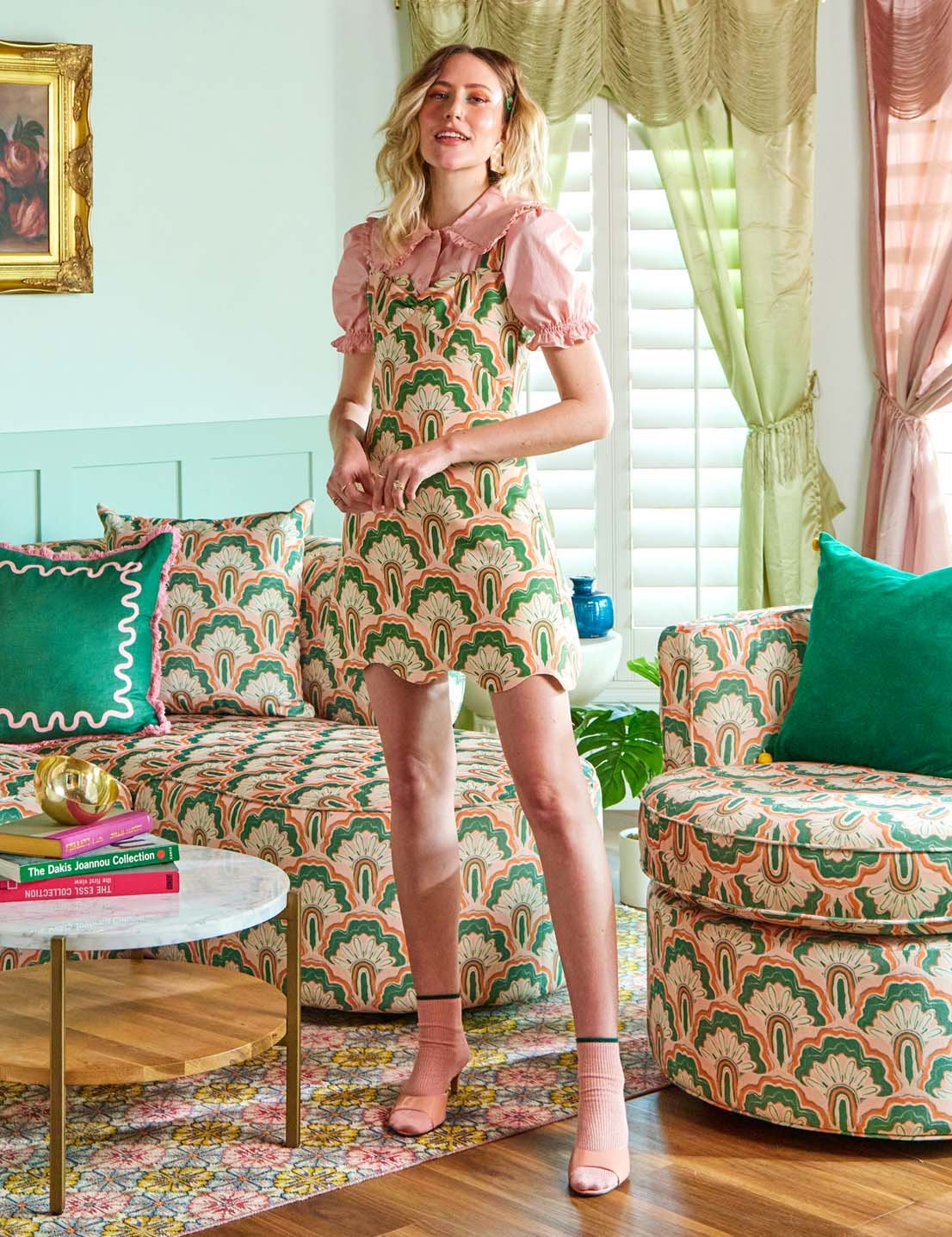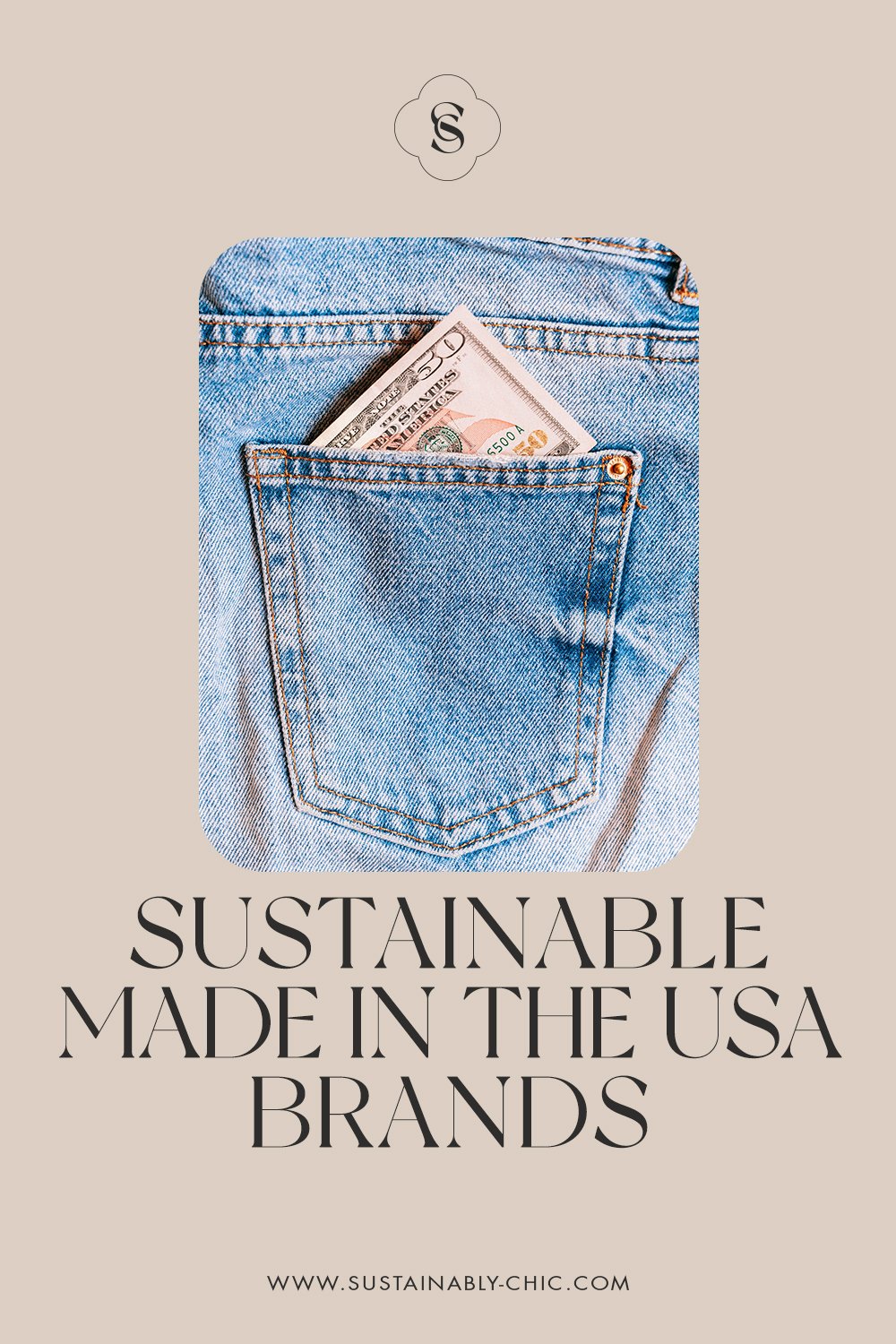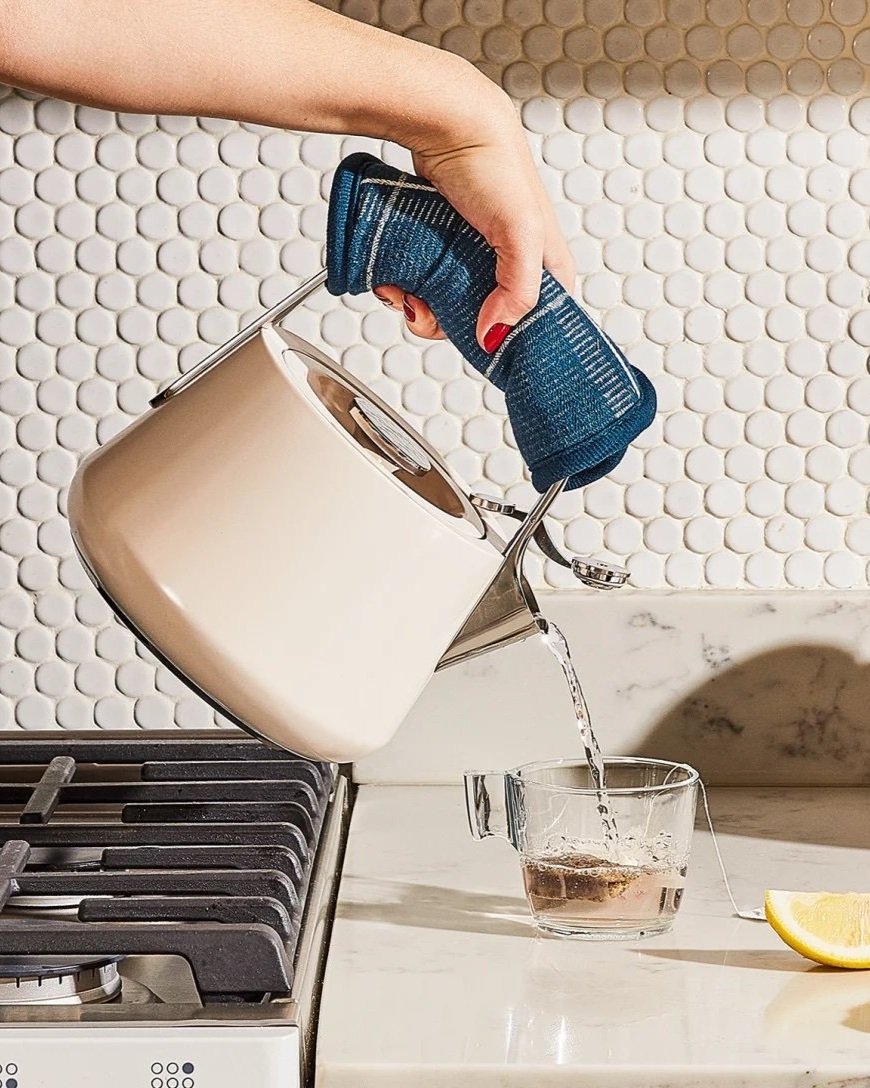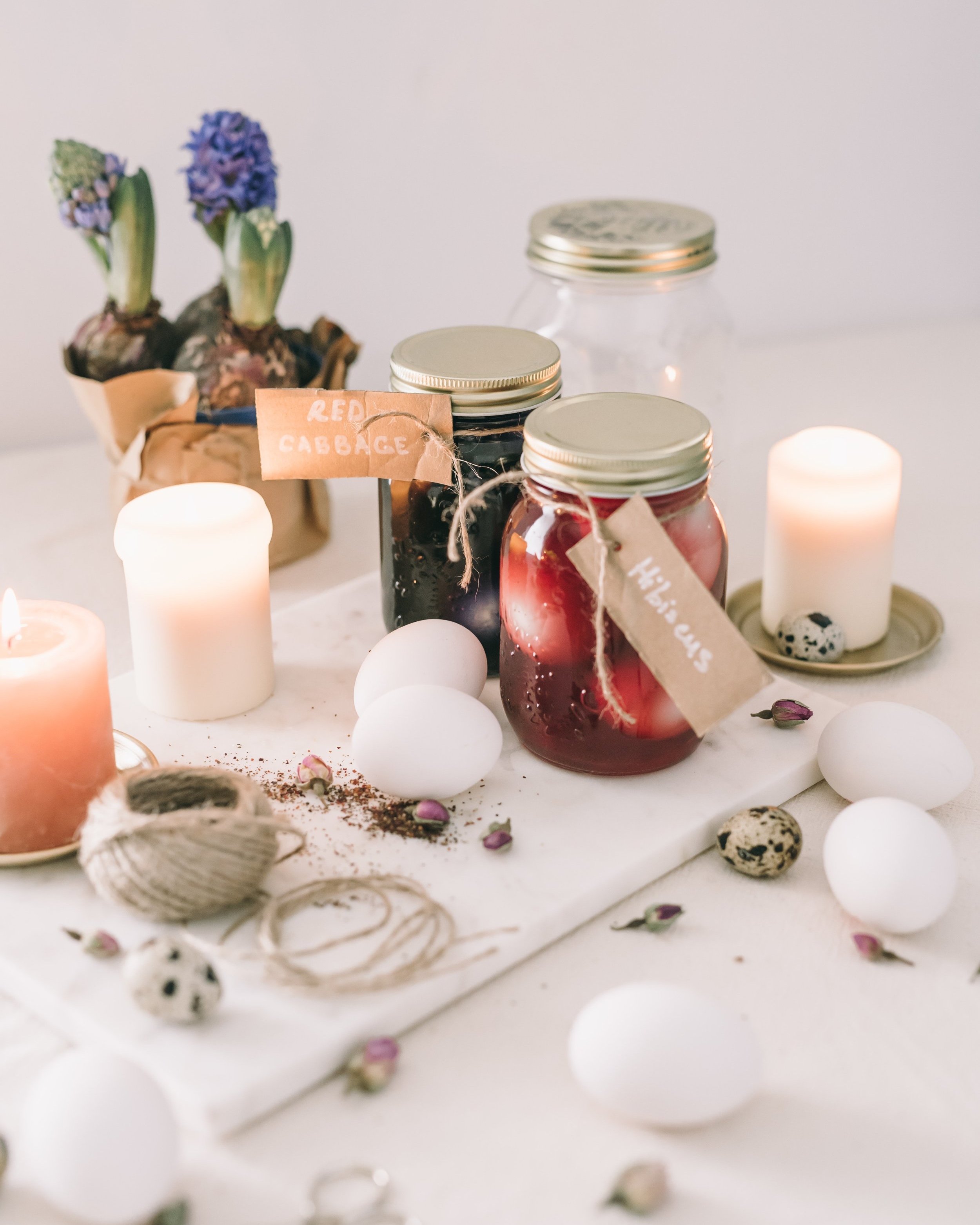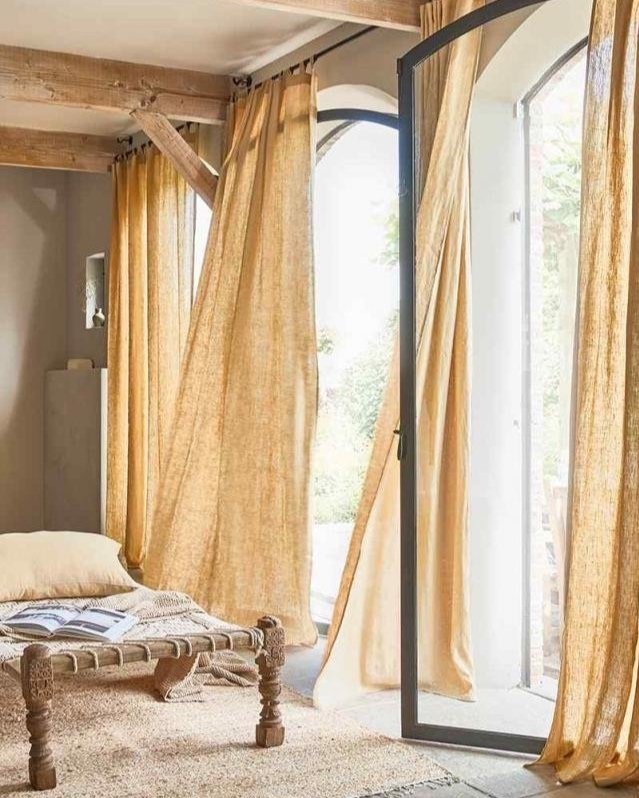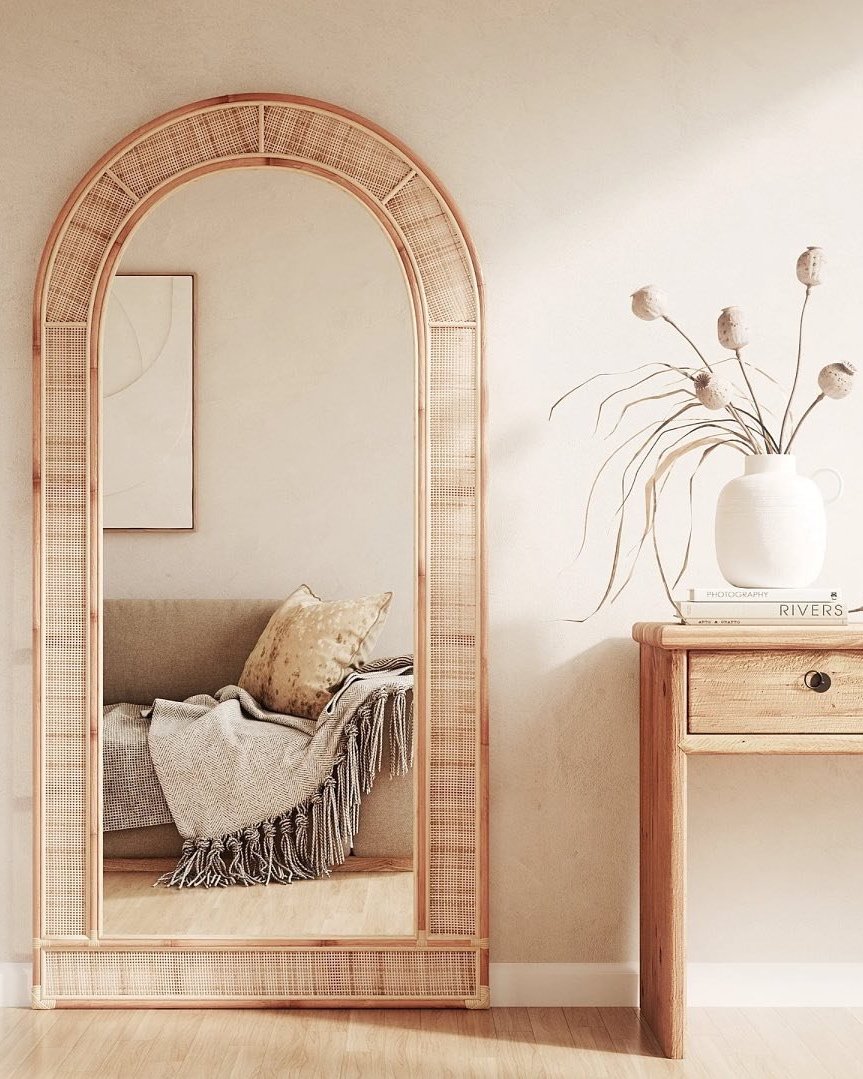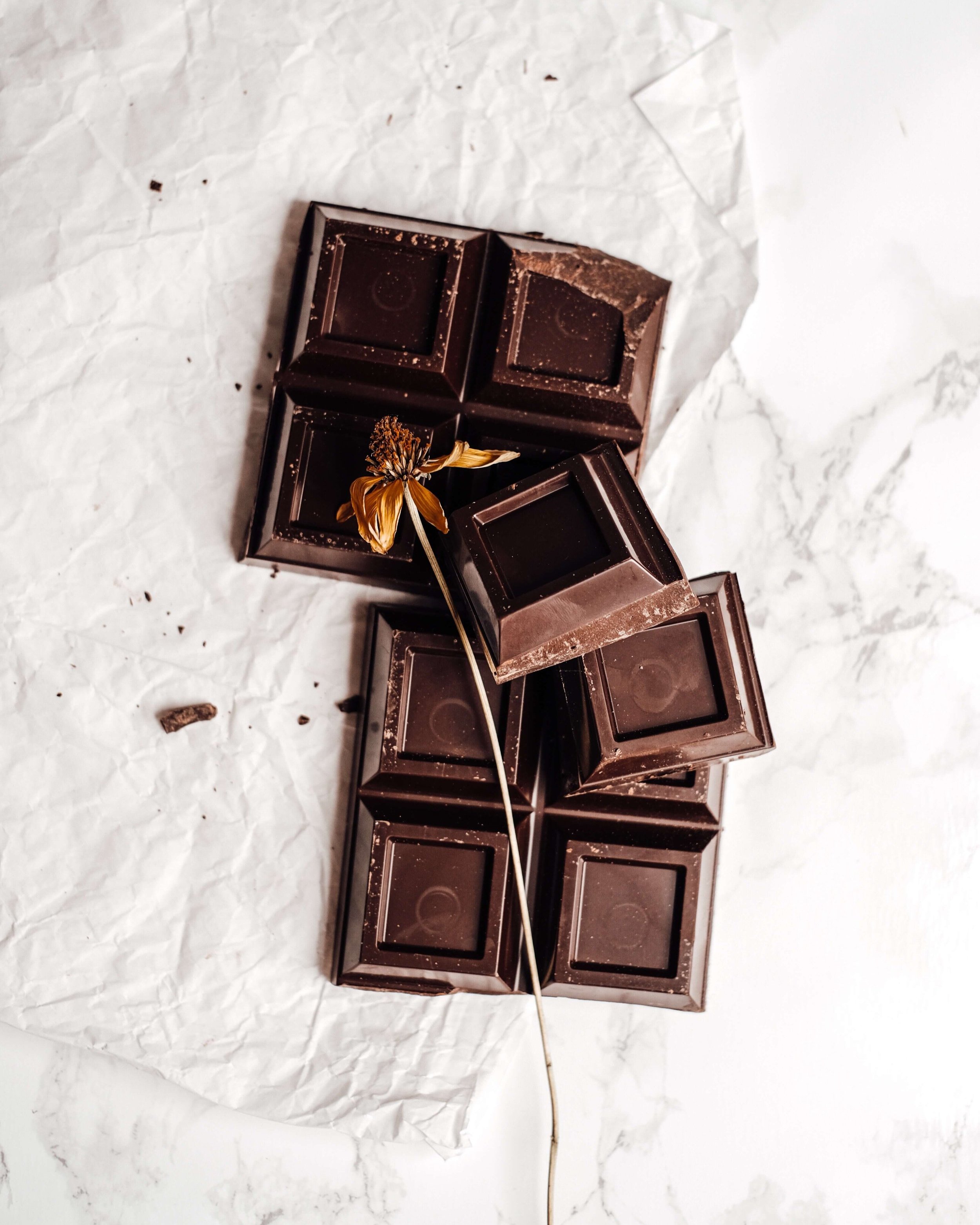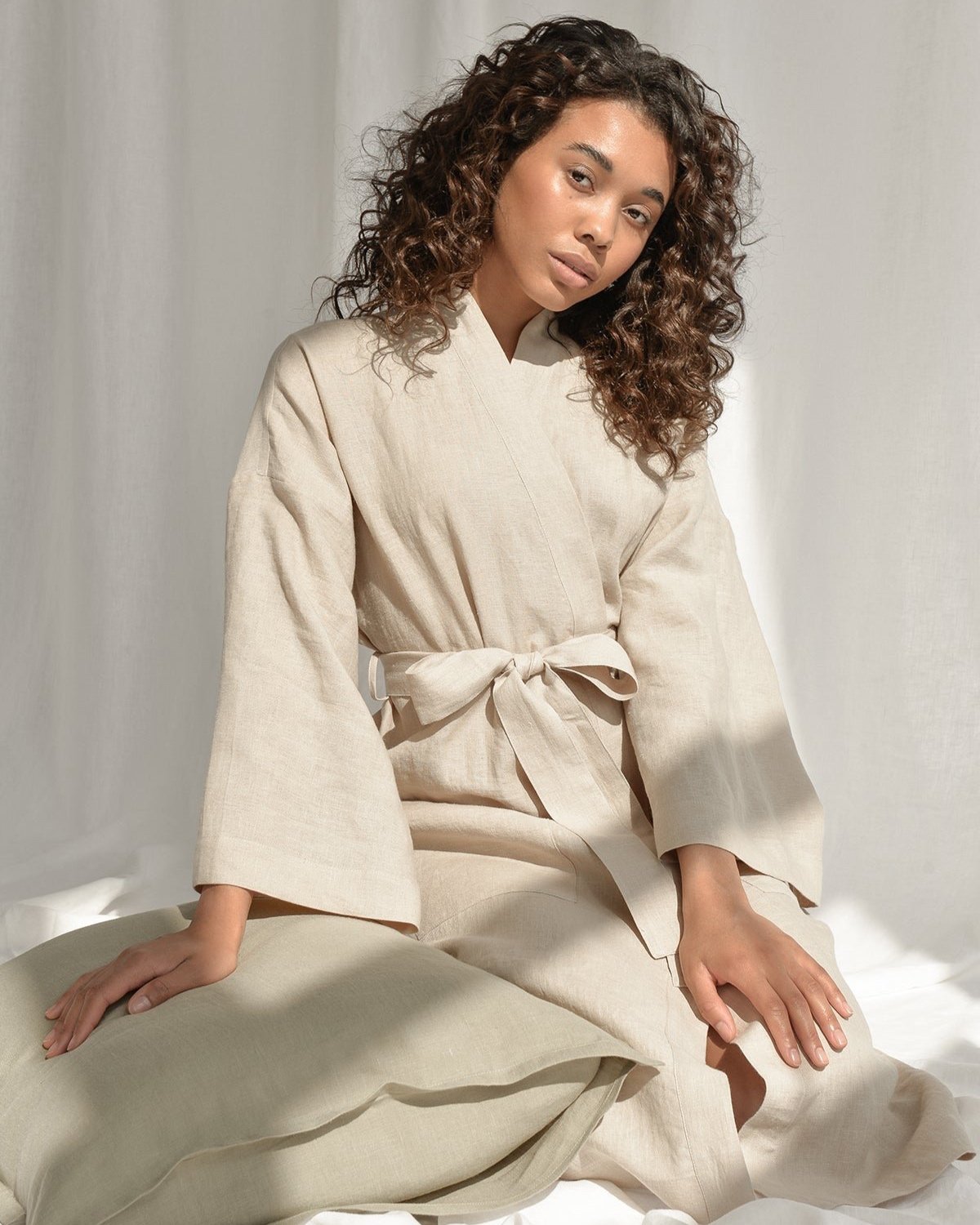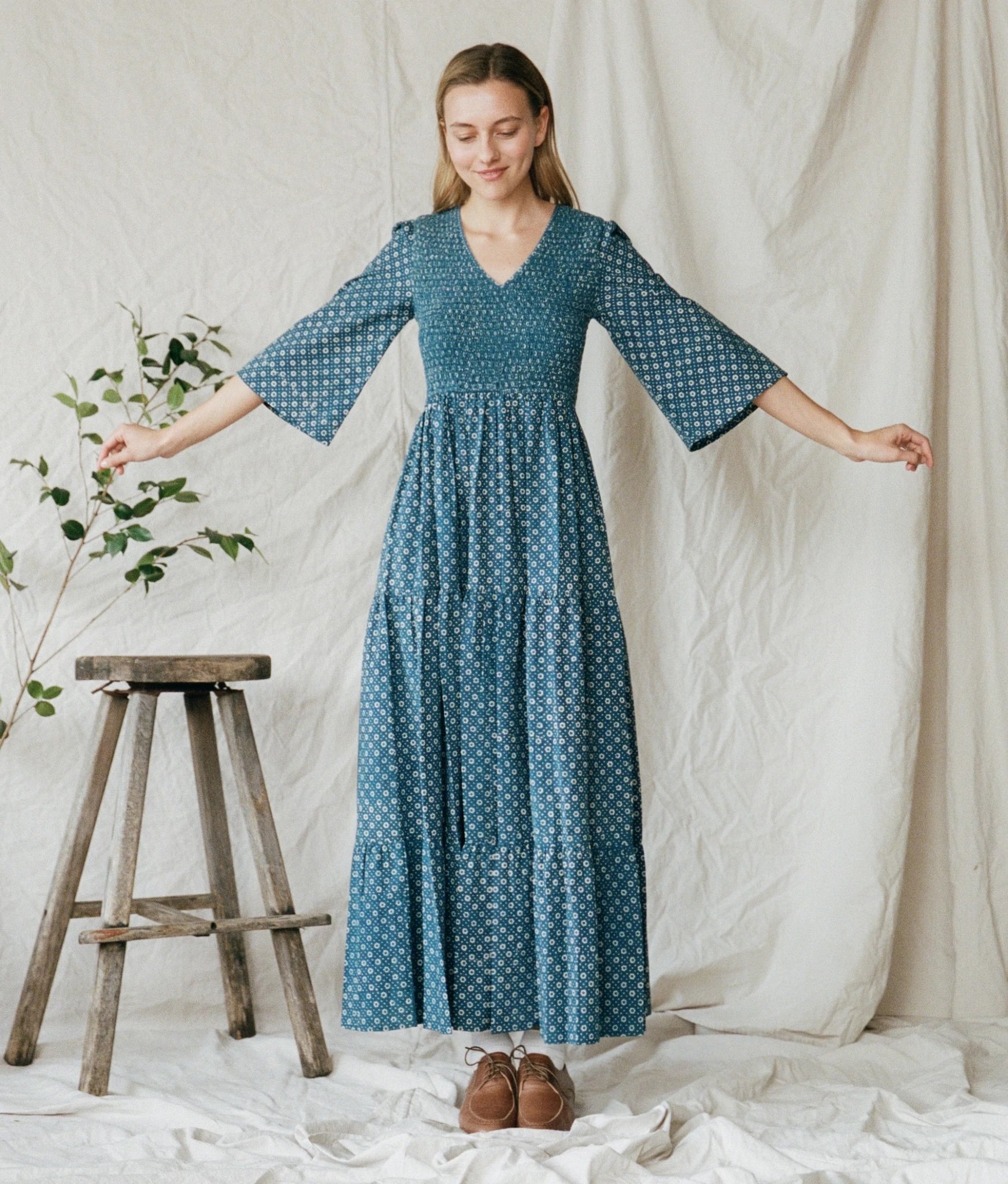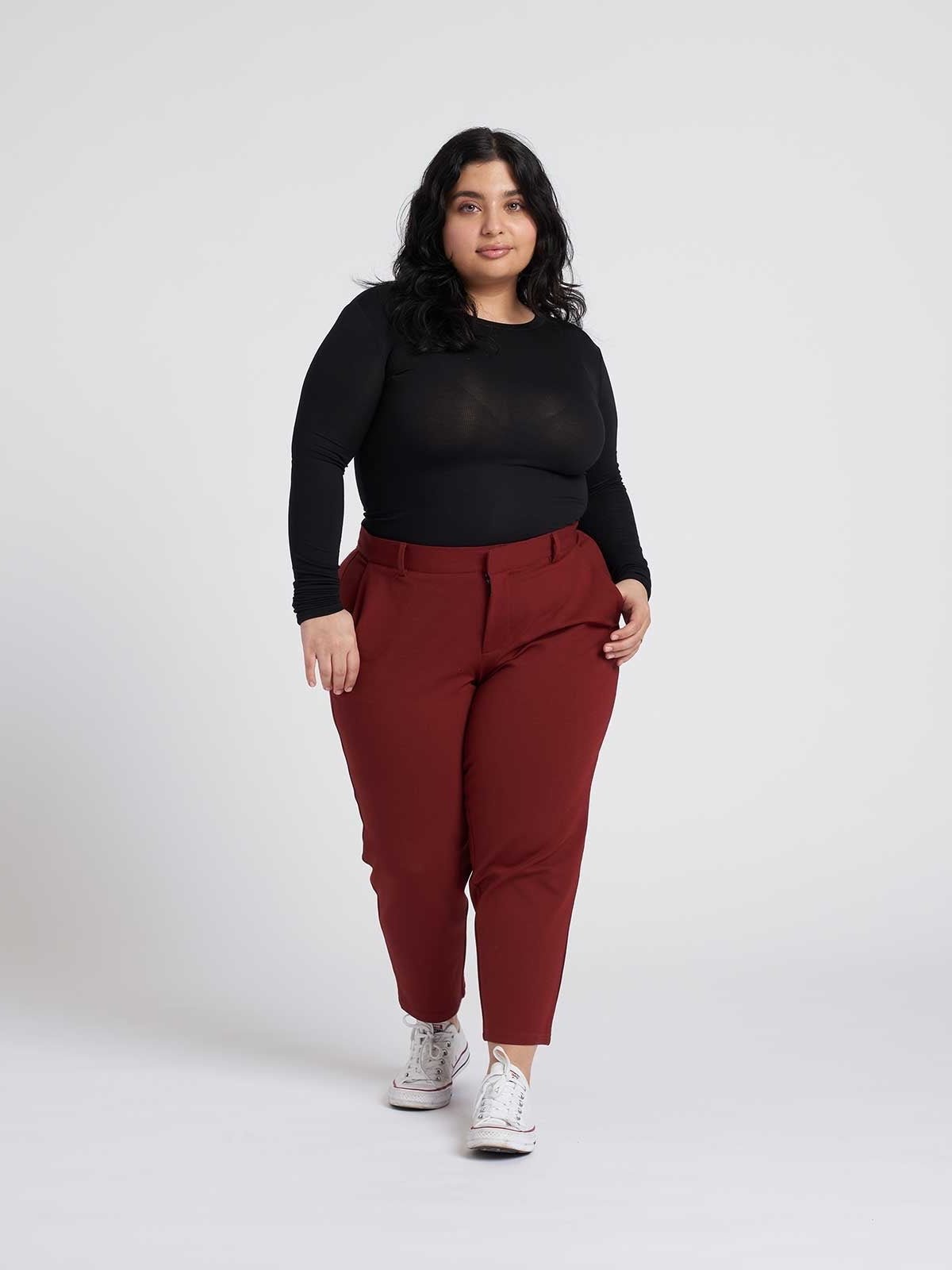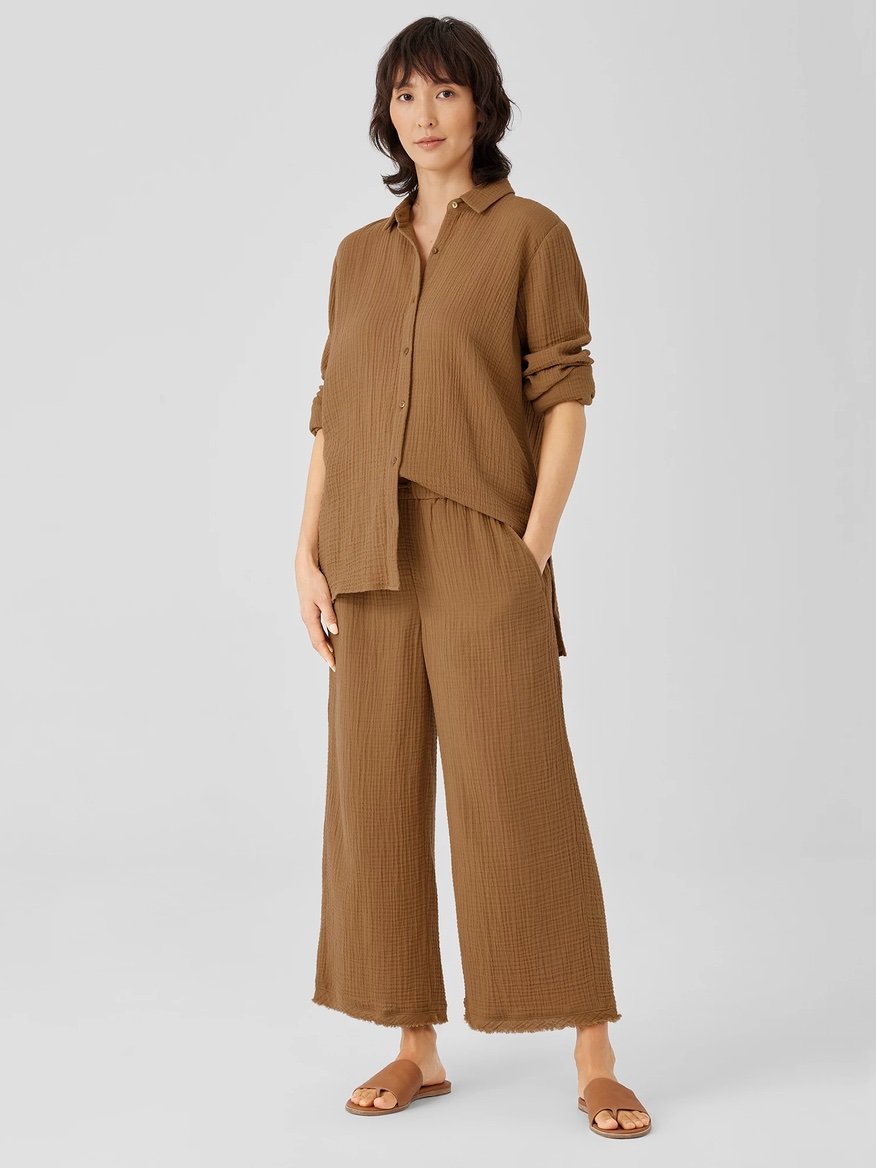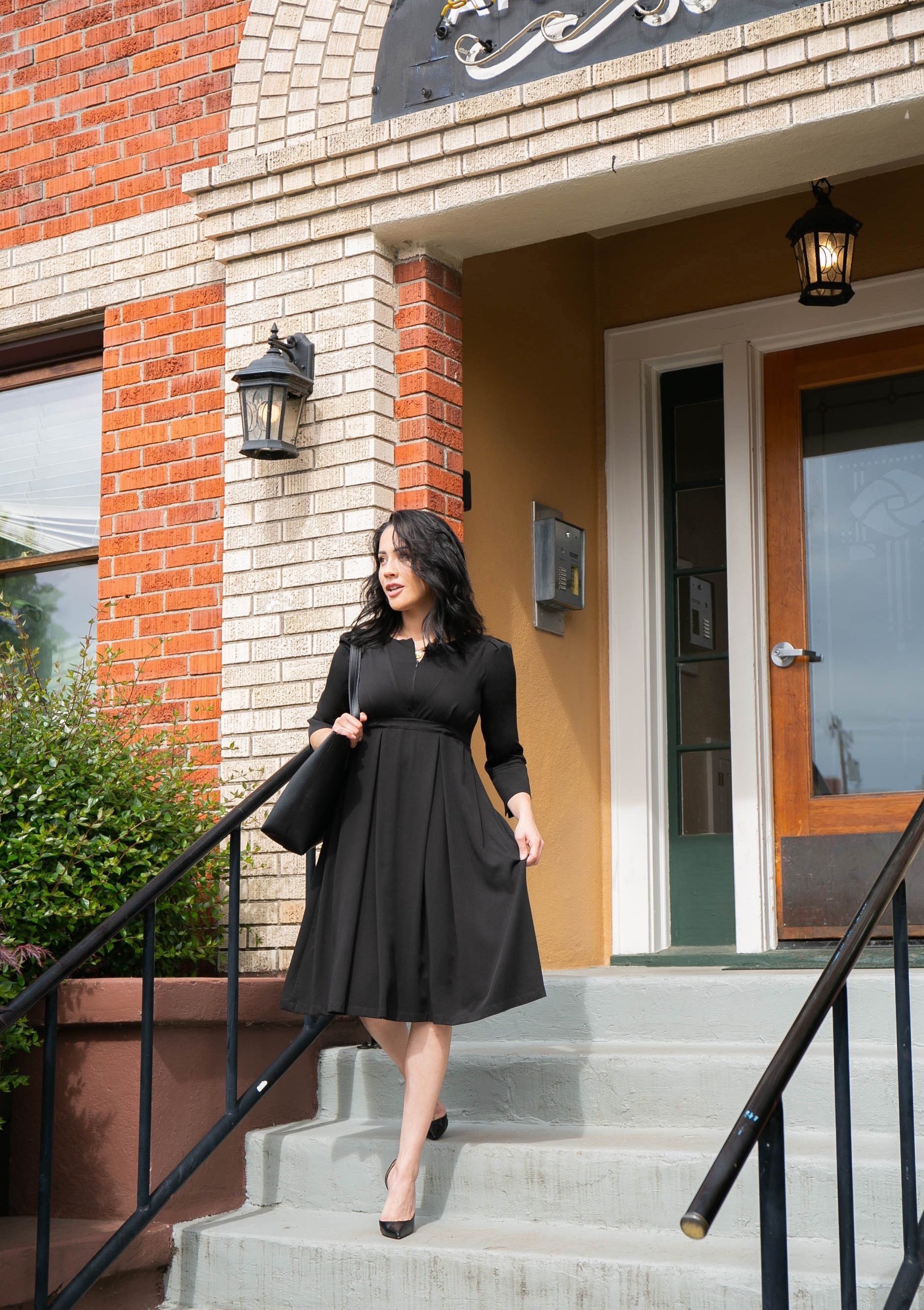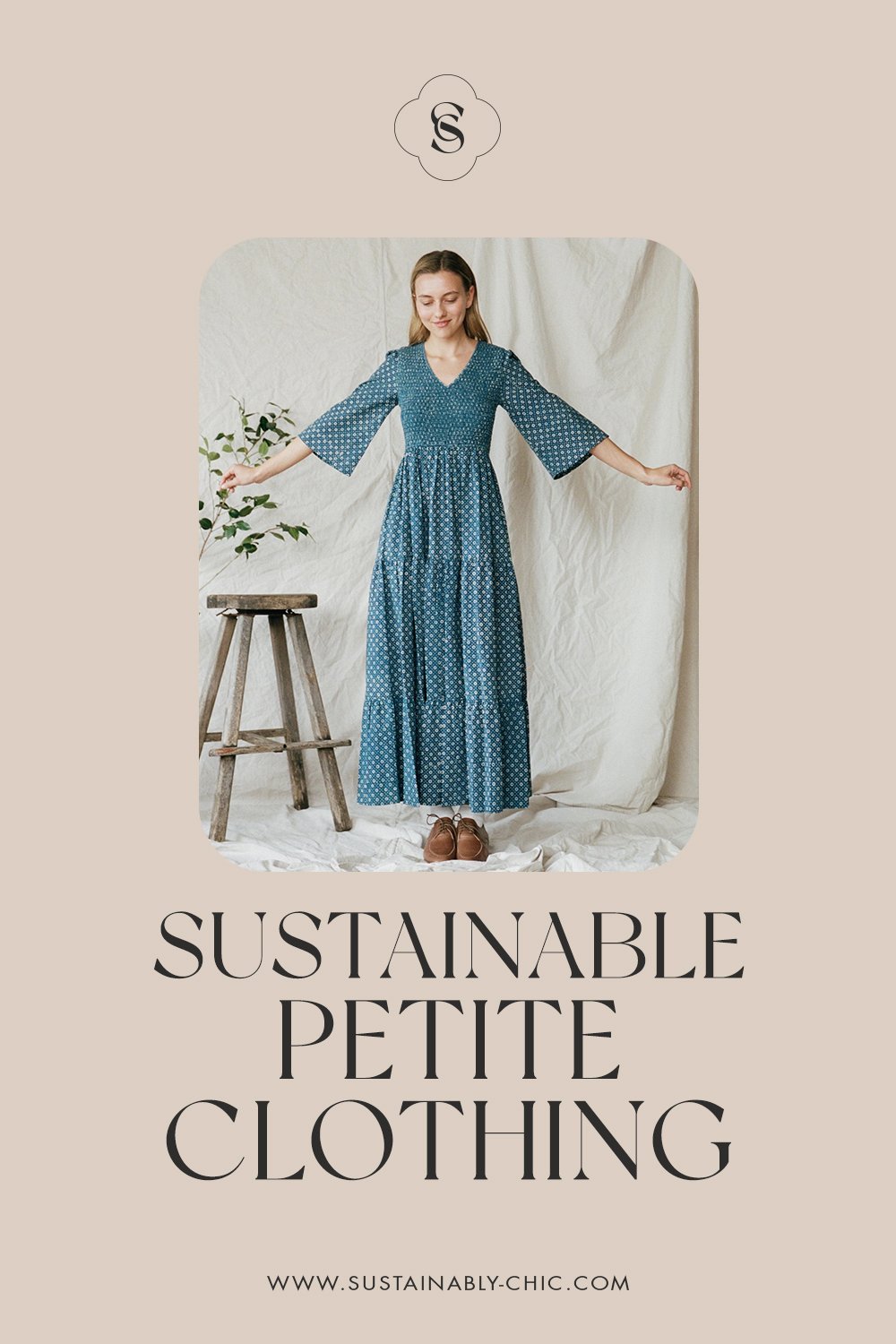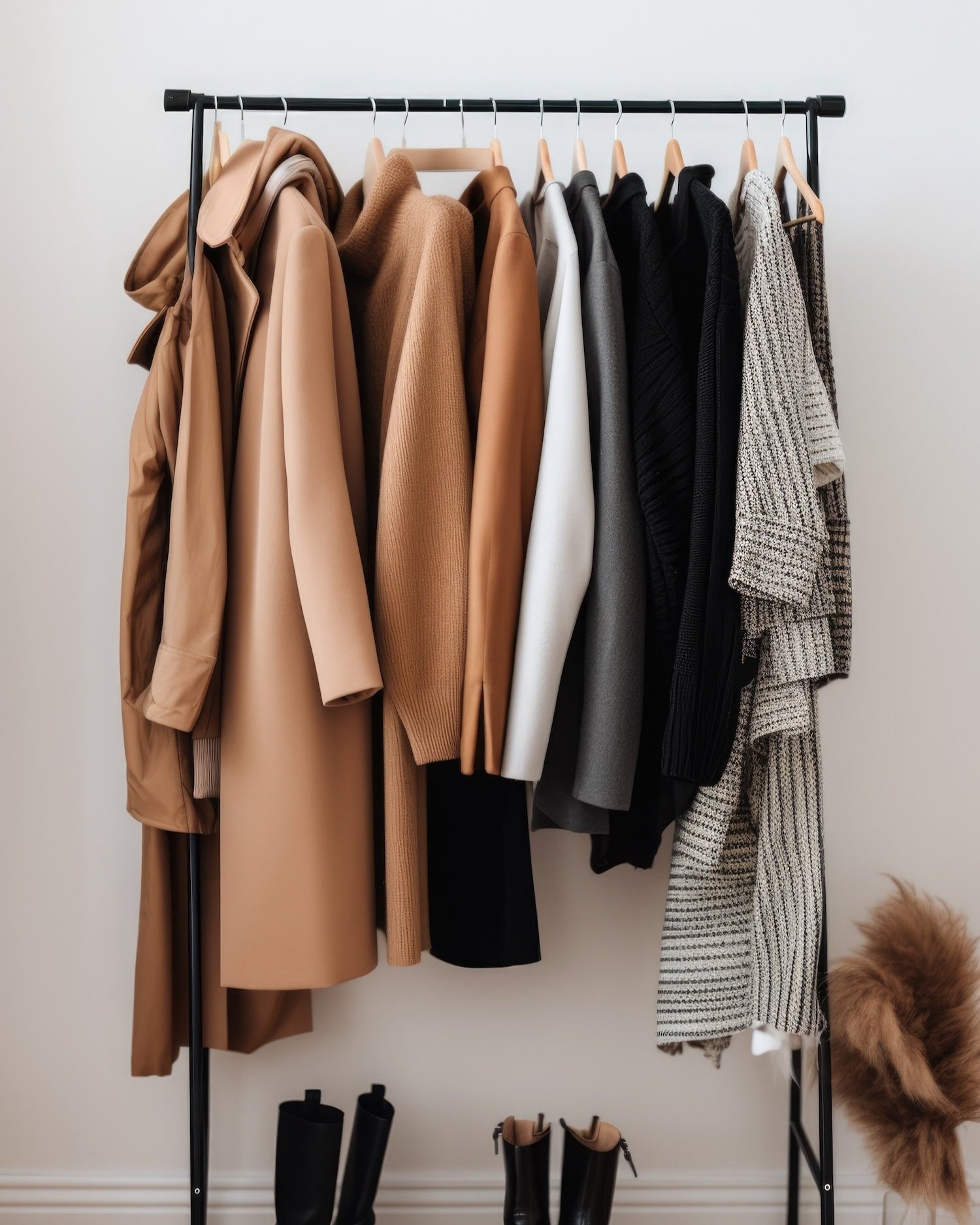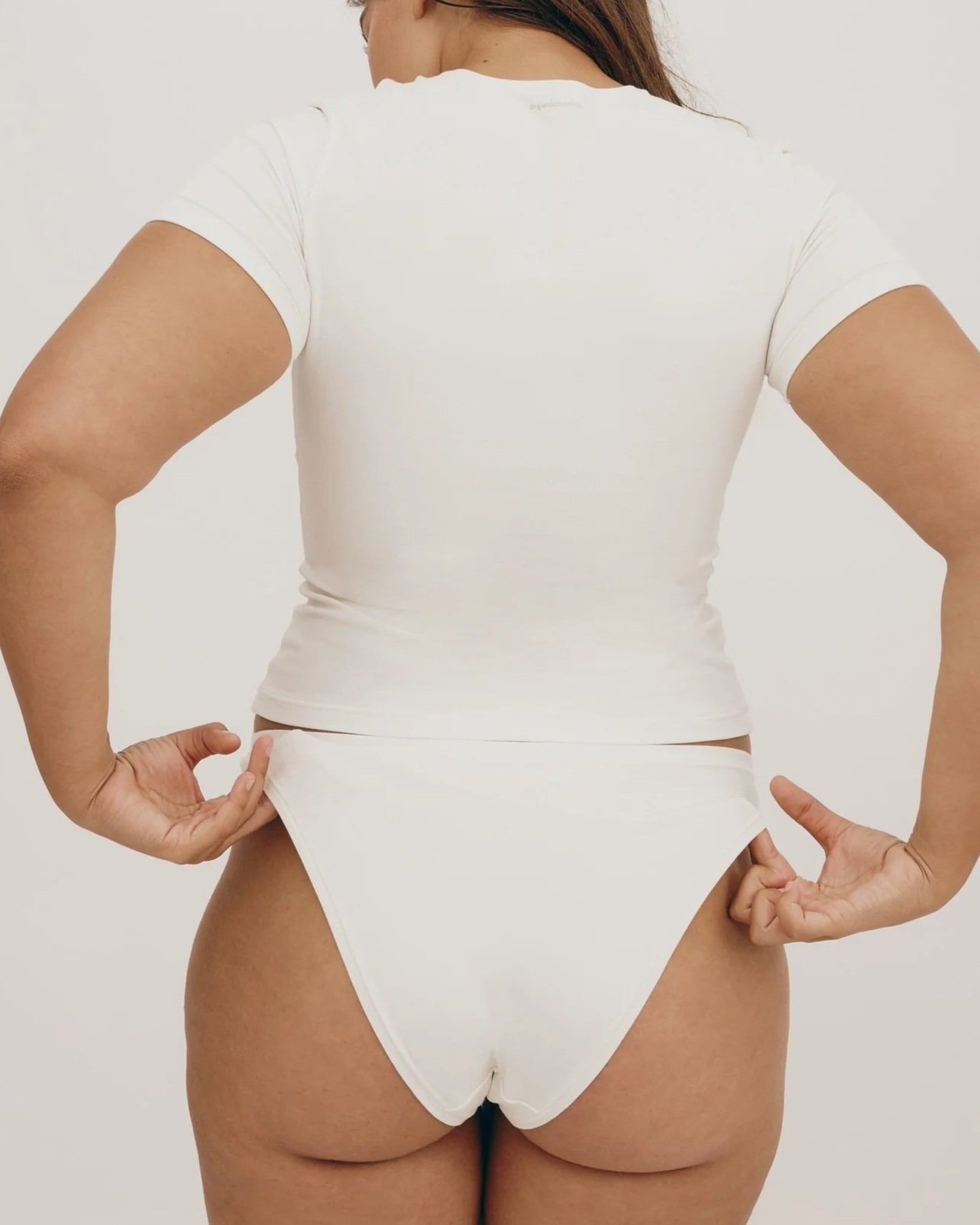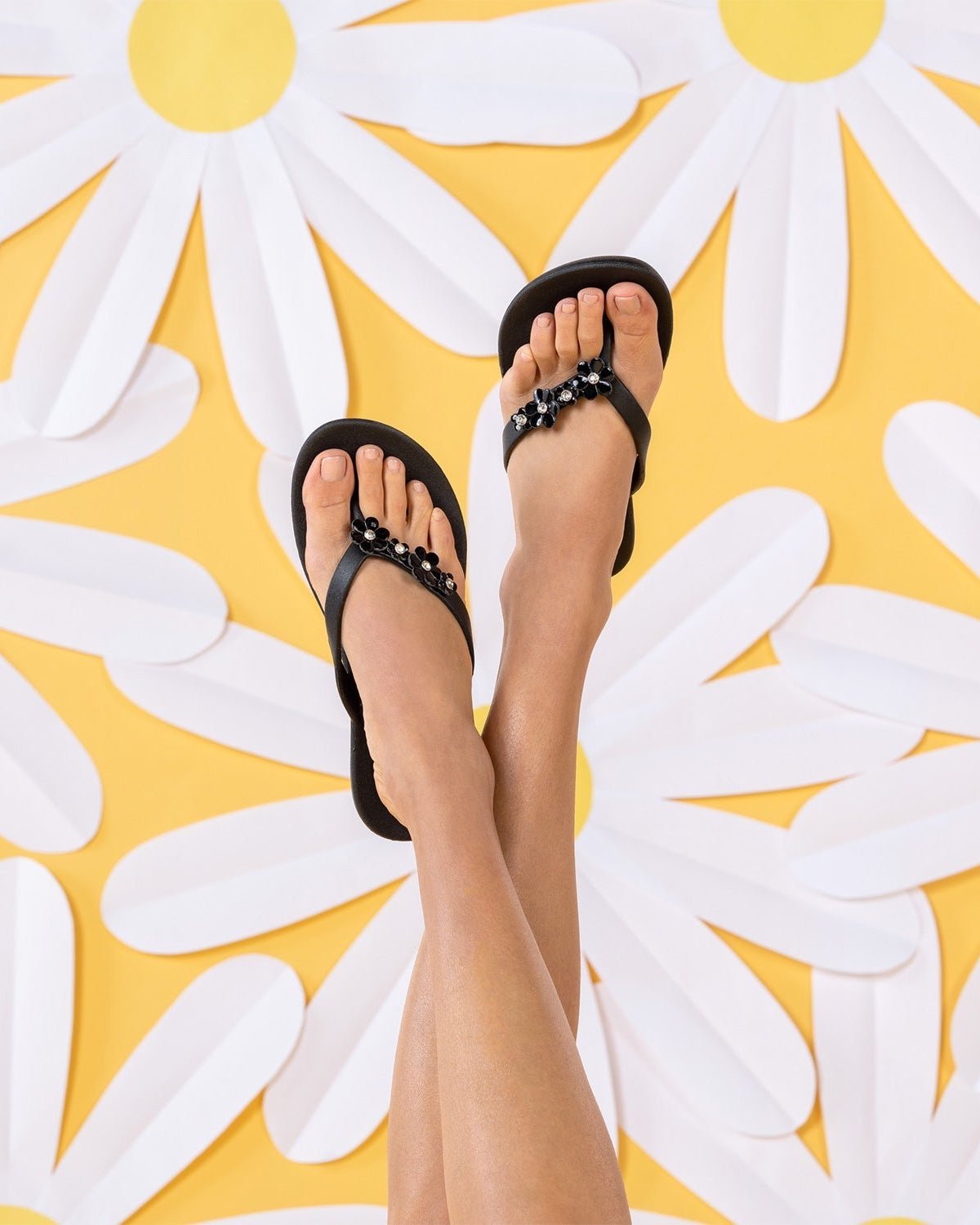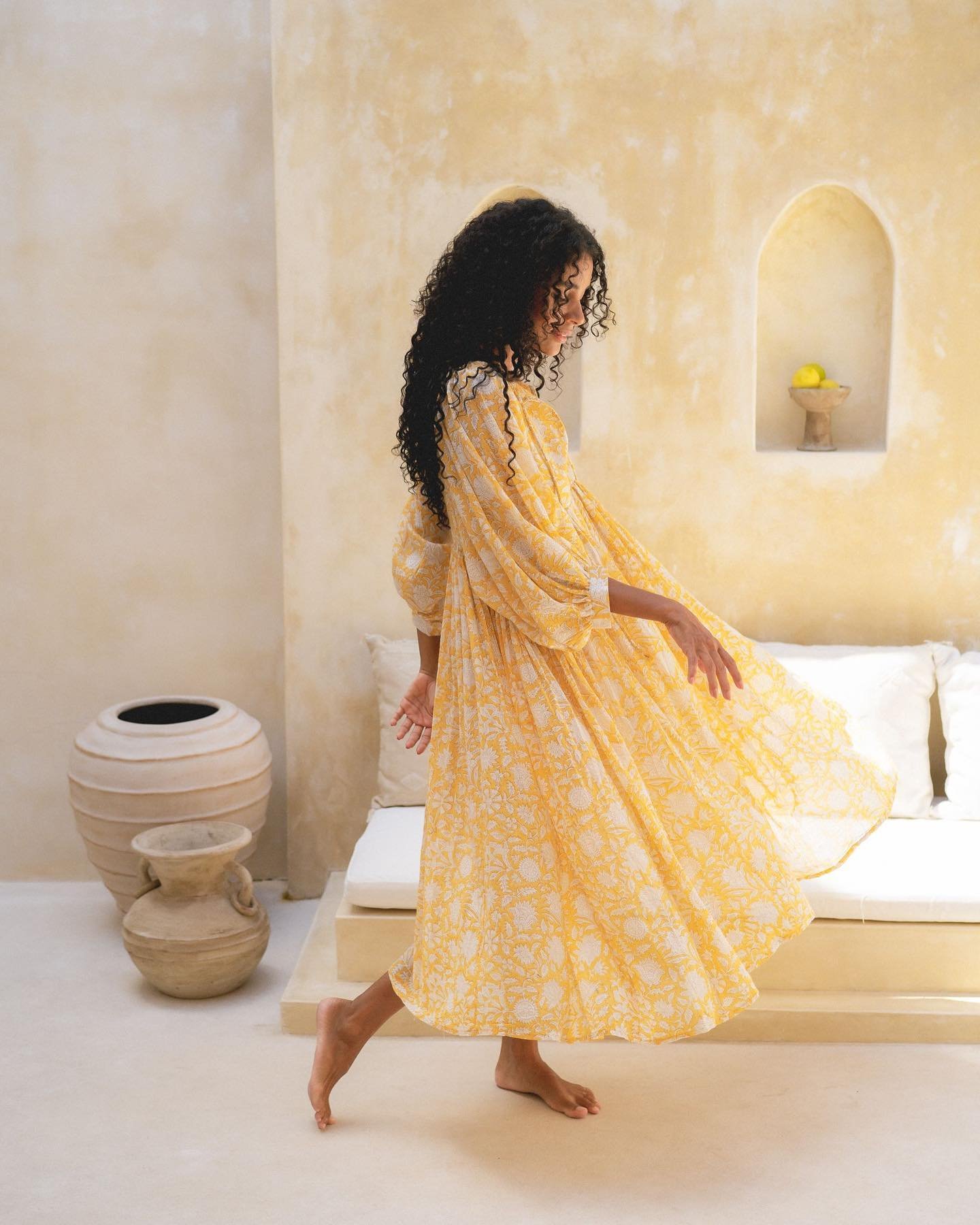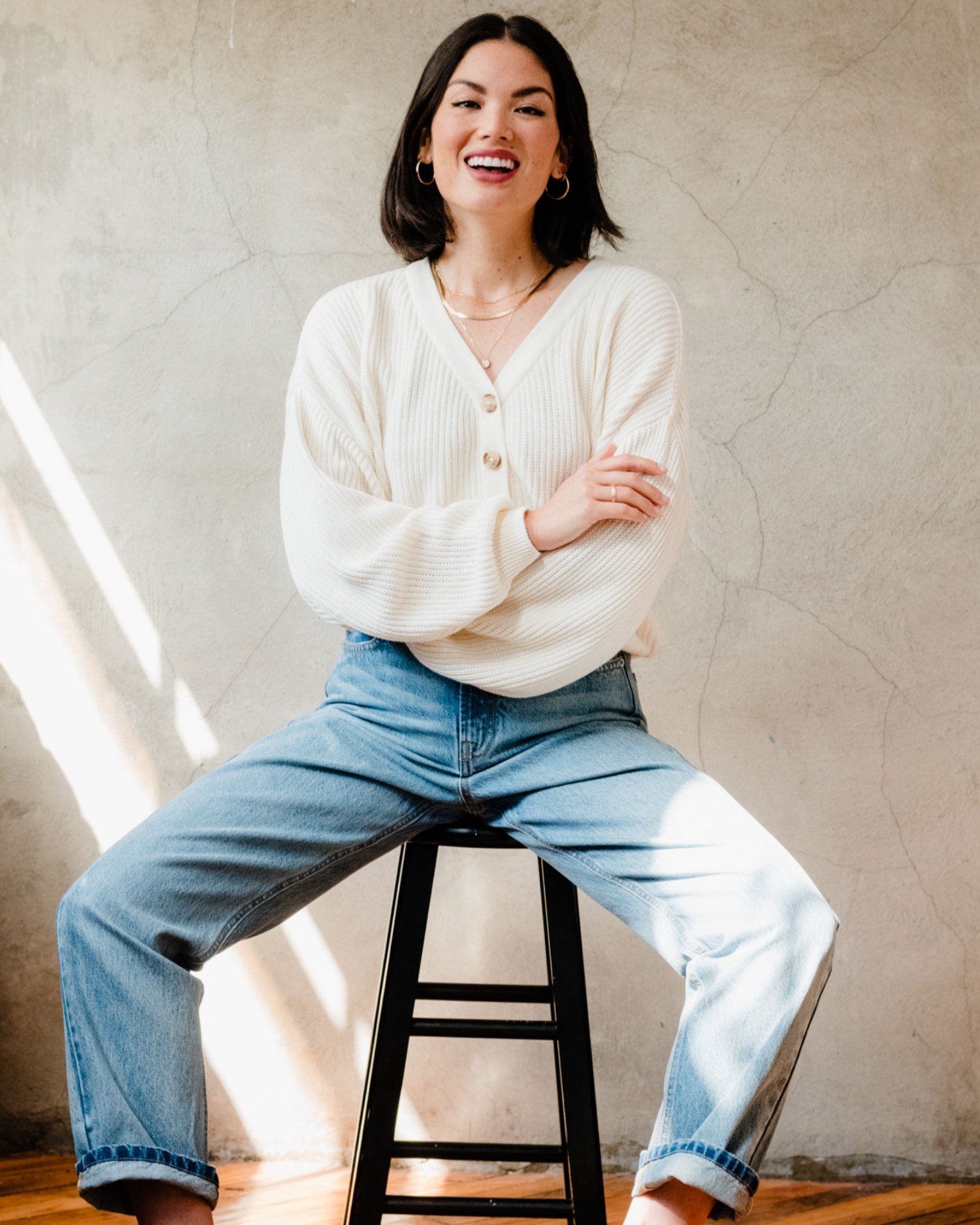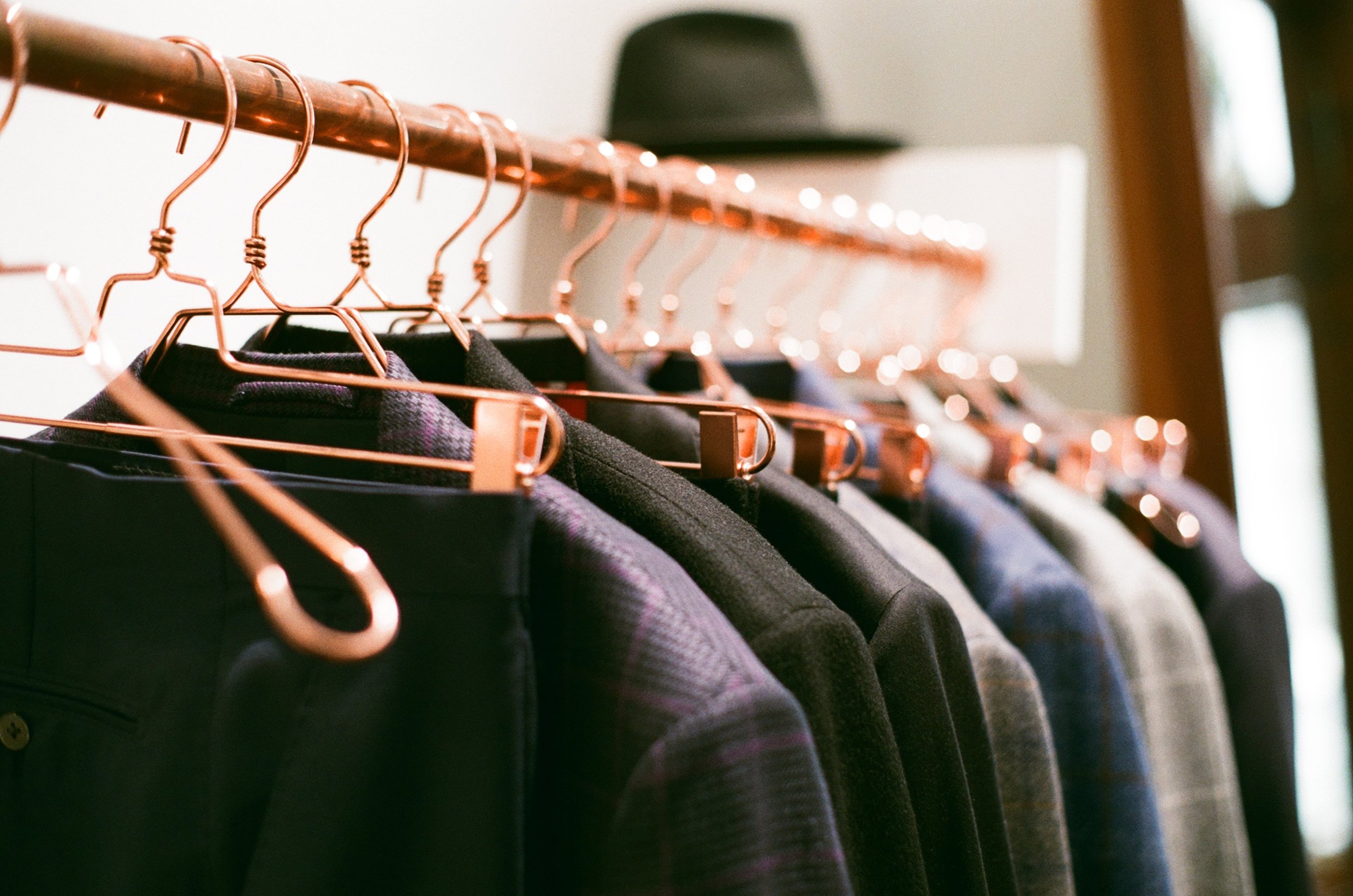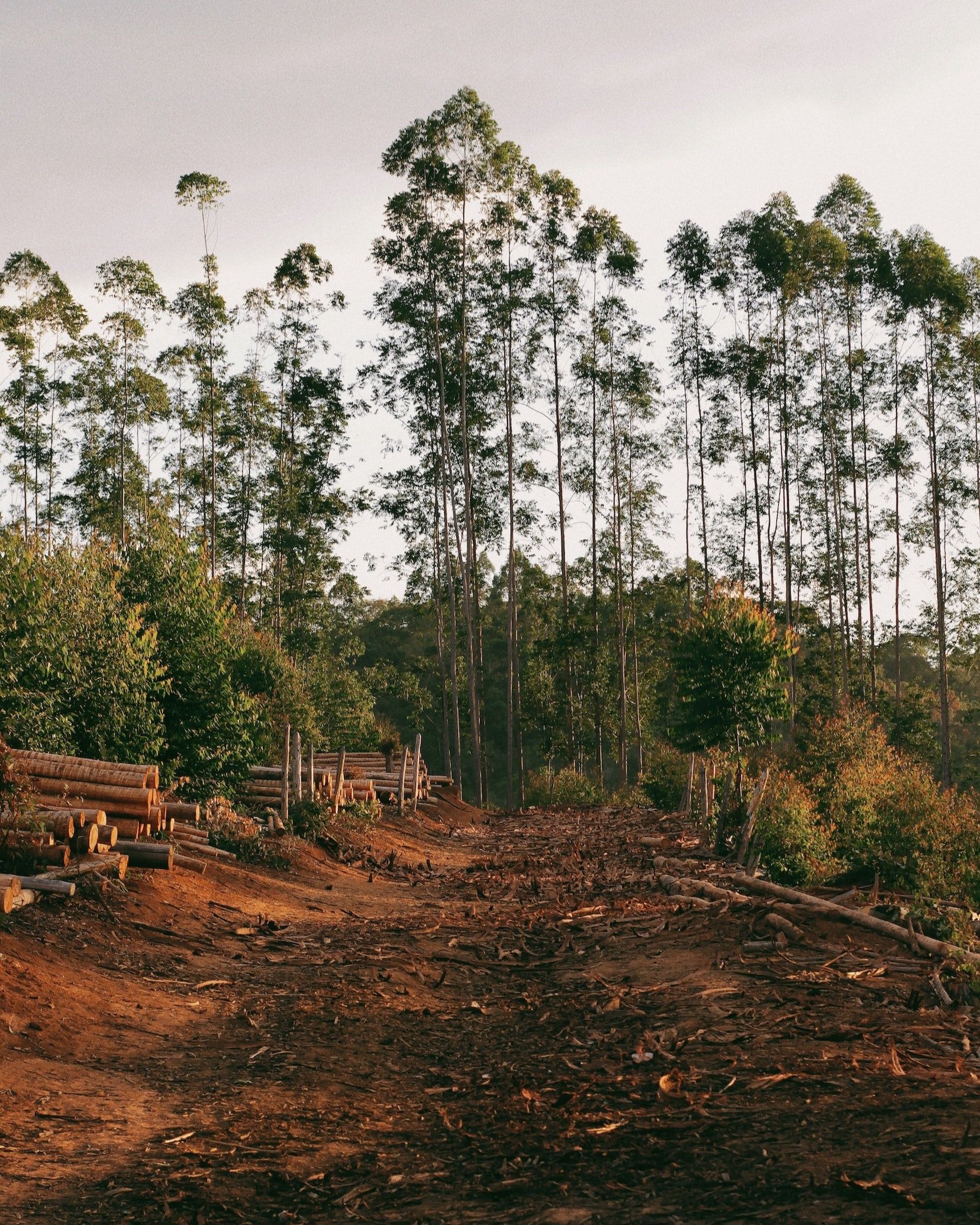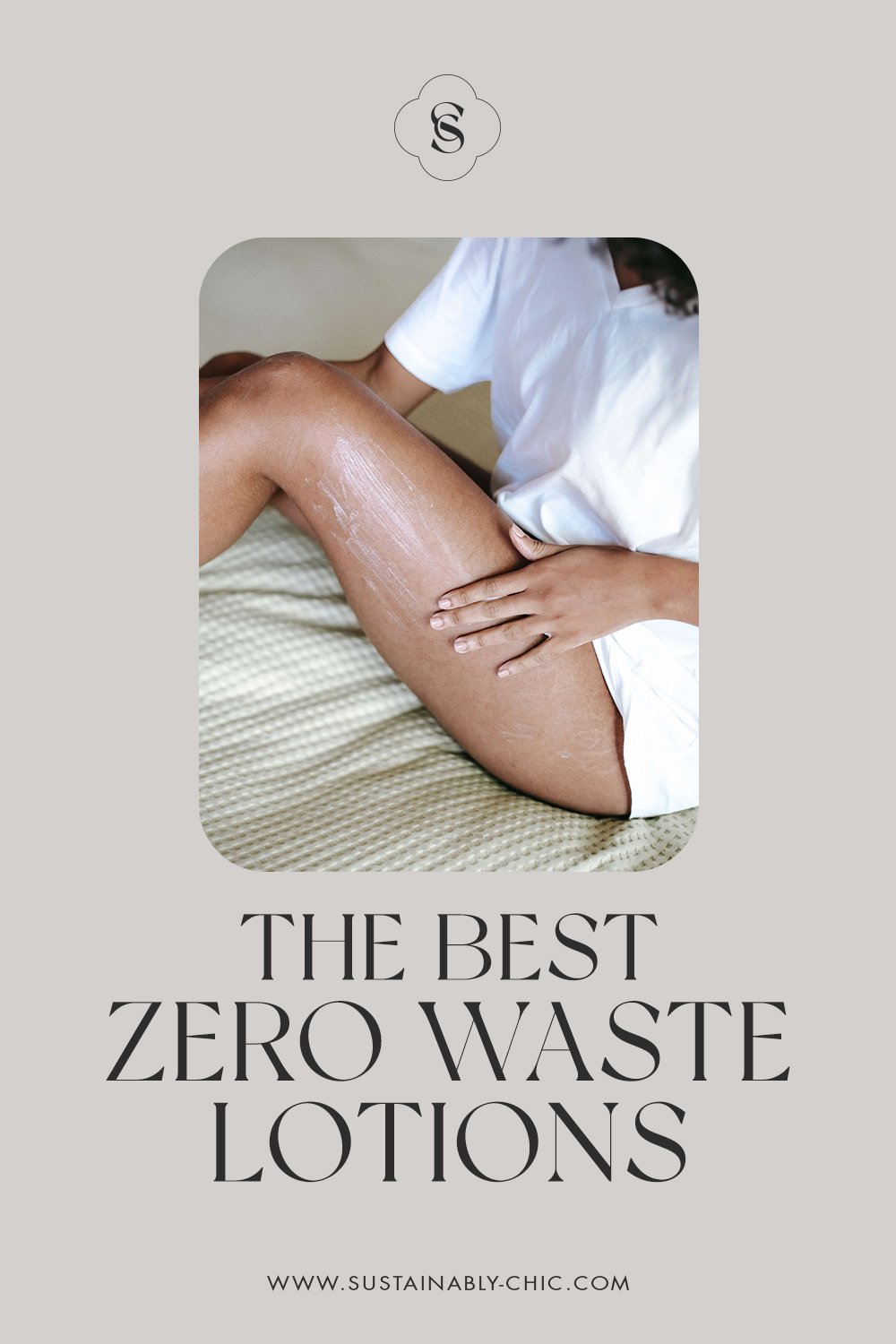Disclosure: Some of the links below are affiliated; we may earn a small commission if you click through and make a purchase. We only ever add brands & products we truly believe in.
A List of Sustainable clothing, Beauty & Home Brands Made in the USA
One of the most sustainable ways to spend money is to shop locally. Go to farmer’s markets, locally-owned boutiques, handmade markets, etc. You might not be able to find all the items you want in your town, though, so you likely turn to the internet. A good practice is to try to buy things made in your country. In this case, we will focus on brands made in the USA, as most of our audience is based in the States.
Is ‘Made in the USA’ Sustainable?
We first want to premise that not all Made in the USA brands are created equal. While we have more control over quality and working conditions by manufacturing stateside, many companies still need to pay employees a livable wage. Many US manufacturers also do not use eco-friendly practices or keep the planet in mind throughout every step. Just because something says ‘Made in the USA’ does not make it sustainable.
Why Shop Sustainable ‘Made in the USA’ Brands?
Sustainably-minded Made in the USA brands should always be your first to go to - besides shopping second-hand - if you want to keep your carbon footprint low. For example, we used Consumer Ecology to calculate the carbon footprint of shipping two outfits from Sydney to Dallas vs. from Los Angeles to Dallas, and the footprint is approximately 5.5 times higher to ship from Sydney! That’s a significant difference if you frequently have items shipped. Buy shopping Made in the USA; you support your direct economy and jobs. Sustainable Made in the USA brands will pay their workers a livable wage under safe working conditions with benefits and consider the planet throughout their entire business model. We rely so much on imported goods, so if you can avoid some of the items you consume coming from the other side of the planet, the following few listed brands are a great start!
our favorite sustainable made in the usa brands for clothing & home:
1) Amour Vert
Amour Vert is based in San Francisco and makes all of its clothes in California.
They offer a great selection of mainly business casual women’s clothes, shoes, and accessories.
In addition to being made in the USA, they plant a tree for every tee purchased and ship products using compostable and recycled materials, further reducing their carbon footprint. They are also obsessed with sustainable, high-quality fabric.
They offer Cupro from repurposed cotton seed waste, Tencel, organic cotton, biodegradable non-mulesed wool, linen, etc.
Their clothing is produced in limited quantities, which is a very sustainable practice, and also means some items sell out quickly, so act quickly if you find something you love.
2) Whimsy & Row
Founded in 2014, Whimsy & Row is a lifestyle brand creating clothing, accessories and home goods for eco-conscious women. The brand produces its products with only upcycled, locally sourced and low-impact materials.
They are all made within a few miles from the company’s headquarters in Los Angeles, which minimizes their carbon footprint.
Whimsy & Row dyes its clothing with low-impact dyes and produces it in limited quantities to avoid unnecessary waste.
3) Vitamin A
Vitamin A is mainly a sustainable swimsuit brand with many of their products made in California.
The products not made in California are produced in partnership with Fair Trade certified artisans.
When shopping, the site will tell you where your choice was made.
While Vitamin A started with swimsuits, they have expanded to include other fun summer-inspired styles like rompers, ribbed tank dresses, crop tops, shorts, oversized shirts, midi dresses, wide-legged pants, and more. Their swimsuits have some very sexy bikinis to one-pieces and have a strong following.
Their color selection is vast and complimentary, making mixing and matching items easy. Their sustainable fabric choices include recycled nylon, recycled cotton, organic cotton, Tencel, and linen.
4) American Blossom Linens
American Blossom Linens is the only bedding brand made completely in the USA, with 100% USA Organic Cotton grown by family farmers in West Texas. These eco-friendly & chemical-free bed sheets are woven to last a lifetime & grow softer the longer you use them.
The entire manufacturing process, from farmer to sewer, is kept right here in the USA. This is so incredibly rare for soft home goods, and we promise the price is worth it! American Blossom Linens is truly a through and through Made in the USA product!
use code SUSTAINABLYCHIC15 for 15% off
5) Altar Houseline
ALTAR is a sustainable online boutique offering women’s clothes, jewelry, home goods, and apothecary from ethical and sustainable brands. After a few years in business, they too decided to make their own line of women’s clothing. All items in their HOUSELINE collection are produced in Portland, Oregon or Los Angeles. They are also size-inclusive, with sizes ranging from small to 6X. ALTAR offers a good selection of flowy, casual, and business casual styles for your closet. They even have swimwear and a black evening dress – something for every occasion. Finally, you will love that they use deadstock fabric as much as possible or other sustainable choices such as Cupro and linen.
6) Plaine Products
FBy far, one of Sustainably Chic's favorite zero waste bathroom products, Plaine Product's clean and effective formulas are amazing! It's an incredibly easy zero waste swap you can make. Just send the bottles back when you are done, and they can be refilled. Two sisters founded Plaine Products, & all of the products are vegan, cruelty-free, and toxin-free. They even have cute little travel-size bottles!
code: sustainablychic20 for 20% off
7) Dazey LA
Dazey LA is one of the best sustainable clothing brands for dopamine dressing.
From funky accessories to graphic tees and printed swimwear, Dazey LA has what you need to spice up your wardrobe. Everything is designed by the founder, Dani Dazey, and made to order locally in LA. Dazey LA releases four sustainably made collections a year and offers inclusive sizing and unisex options.
Dazey LA also has a new, wonderful selection of sustainable home decor.
8) Mate
MATE carries a solid selection of casual clothes for the whole family, allowing one-stop shopping. Everything is made in Los Angeles with organic materials. The selection includes staples like sweatshirts, sweatpants, t-shirts, jumpsuits, long sleeve shirts, biker shorts, sports bras, onesies for the kids, and more. Their Mini Mate collection is adorable. Their main materials are organic cotton and linen. The quality is excellent, and the color selection is primarily neutral with some other complementary bright colors. MATE is intentional about making clothes worn every day in a color palette that can be matched so your choices will last you many years.
9) Made Trade
If you’re looking for a wide variety of apparel and products, look no further than Made Trade.
This family-run, woman-owned sustainable marketplace makes it easy to support eco-friendly brands both small and large.
At Made Trade you’ll find inclusive sizing and you can even shop by the values that are most important to you such as vegan, BIPOC-Owned or handcrafted - and of course, Made in the USA, which we have linked up for you in this post.
Every brand available on Made Trade meets their sustainable standards such as fair-wage employment, sustainable materials, and eco-friendly production methods.
use code SUSTAINABLYCHIC for $20 off your first order of $150+
10) Sabai Design
Sabai is a sustainable brand with a minimalistic collection of couches, home decor, and furniture pieces.
The brand is a certified B Corporation that makes to order all its products in a family-owned factory in North Carolina. It sources 90% of its materials within 100 miles of its factory to minimize its environmental footprint.
We love their throw pillows that use recycled velvet & upcycled polyester - even the fibers inside the pillow are made from recycled plastic bottles!
11) Harvest & Mill
If you want to live in comfy casual clothes you can feel good about, look no further than Harvest & Mill. Not only is their casual wear made in the USA from organically grown cotton, but they are also milled, designed, and sewn here. Part of their passion is supporting American organic cotton farmers. They carry women’s and men’s clothes and some unisex items. Most of the items come in neutral colors, so they are easy to mix and match. The price is a good value, and you can save on foundational pieces by buying them in packs. I love that they also continually look at ways to reduce the impact of their manufacturing, use all recycled and compostable packaging, and avoid using dyes as much as possible.
12) Aunt Fannies
Clean better using chemical-free cleaning products made in the USA from Aunt Fannies. Mat Franken found Aunt Fannies after his toddler got sick, and they had to figure out why and what to do on their own. They are transparent about which ingredients are never included in their products, and they exclude a lot of yucky things you don’t need. See the list here. They use natural ingredients you can pronounce like vinegar, essential oils, baking soda, lemon peel oil, glycerin, soap, and more.
They even offer natural solutions for pest control, keeping your home mostly bug free while still safe for kids and pets.
A nice bonus – their wipes are biodegradable, and they offer some large refill containers to reduce plastic waste.
13) The Bright Angle
The Bright Angle makes elegant home décor and homewares in Asheville, NC. Their materials are all sourced locally from the North Carolina mounts too. Their pieces are molded using software and precise engineering techniques to reduce waste. Every part of their design process is done in-house, creating high quality and a smaller carbon footprint. Their lighting, vases, cups, bowls, and plates are elegant, modern yet soft, timeless, and stunning. Colors are neutral, making it easy to fit them into any home. Don’t see something you love? They will work with you and custom design a piece just for you. You can’t go wrong shopping The Bright Angle for your home.
14) Liberty Tabletop
Liberty Tabletop has been making high-quality flatware in the USA for over a century. They have expanded their lines over the year to include all sorts of kitchenware. Not only do they make their products in the USA, but they also use local companies for all of their business, such as accounting and marketing. They are truly dedicated to supporting the US economy. They are also dedicated to protecting our natural resources. According to their site, “We avoid using toxic chemicals, oils and lubes in our processes. Our raw material suppliers of stainless steel, buffing compound, packaging supplies and more are also American companies that produce their goods following the same responsible environmental standards.”
Finally, they partner with One Tree Planted to support reforestation. They produce various high-quality products using time-tested techniques to ensure you will have long-lasting beautiful pieces in your kitchen.
About the Contributor: Mindy Redburn-Smoak has enjoyed a 20+ year career in corporate learning as a consultant, designer, and manager. She is passionate about sustainable living, family, travel, and dog rescue. She has been on a mission to live more sustainably for several years, and loves the journey of learning and trying new things in this space. She is on another journey pursuing her dream of writing about things she is passionate about and that can make a difference in the world. The best way to connect with Mindy is via email at mredsmoak@gmail.com.
MAKE SURE TO PIN THE PHOTO BELOW TO SAVE THIS POST FOR LATER!
WANT MORE SUSTAINABLE BRANDS? VISIT OUR BRAND DIRECTORY!
Our Brand Directory is home to hundreds of sustainable brands, from makeup to cleaning supplies, from underwear to shoes. We have broken everything down by category for easy shopping, along with discount codes unique to Sustainably Chic viewers.

